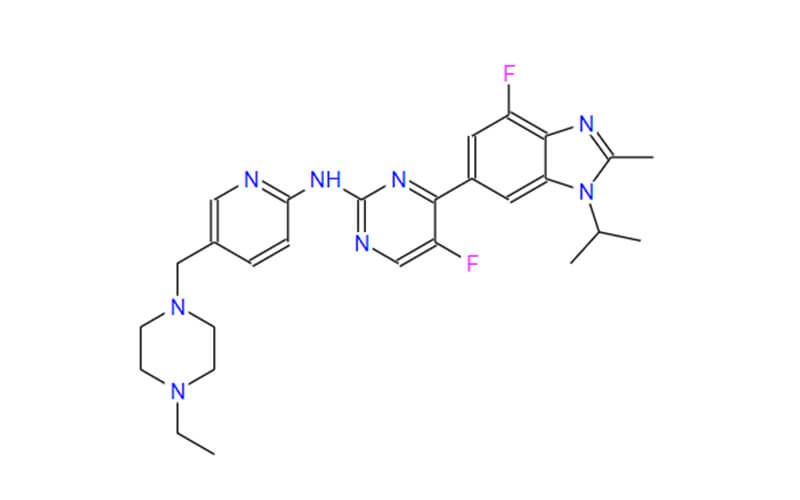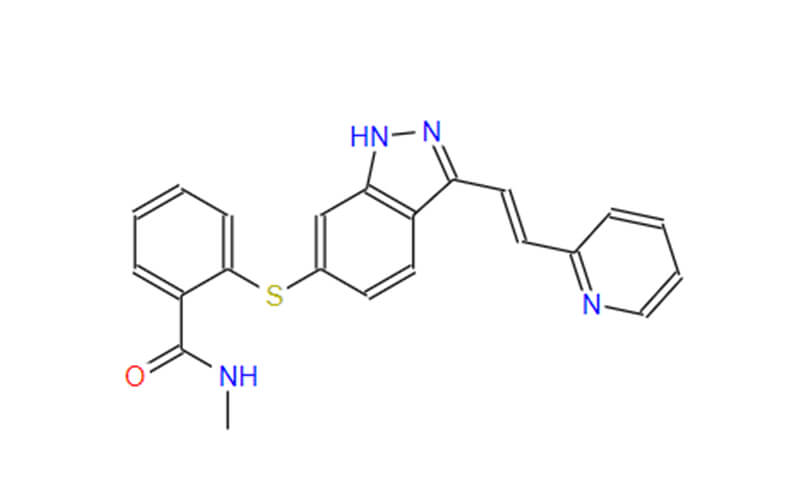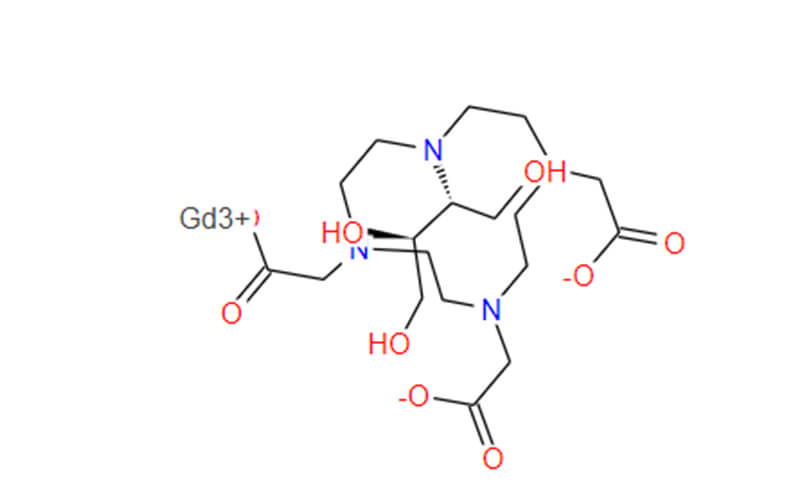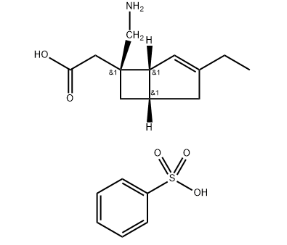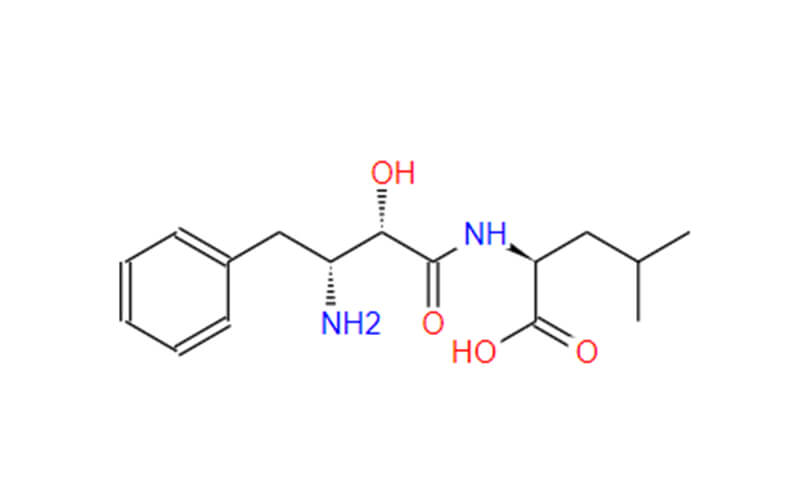Apalutamide for Prostate Cancer: Effectiveness and Comparison to Other Treatments
Apalutamide (Erleada) is a nonsteroidal antiandrogen drug that is approved by the US Food and Drug Administration (FDA) for the treatment of metastatic castration-sensitive prostate cancer (mCSPC) and non-metastatic castration-resistant prostate cancer (nmCRPC). Apalutamide works by blocking the androgen receptor, a protein that plays a key role in the growth and survival of prostate cancer cells.
There are a number of other treatments available for prostate cancer, including surgery, radiation therapy, hormone therapy, and chemotherapy. The best treatment for an individual patient will depend on a number of factors, including the stage of the cancer, the patient’s overall health, and the patient’s preferences.
This article will discuss the effectiveness of apalutamide in treating prostate cancer and how it compares to other treatments.
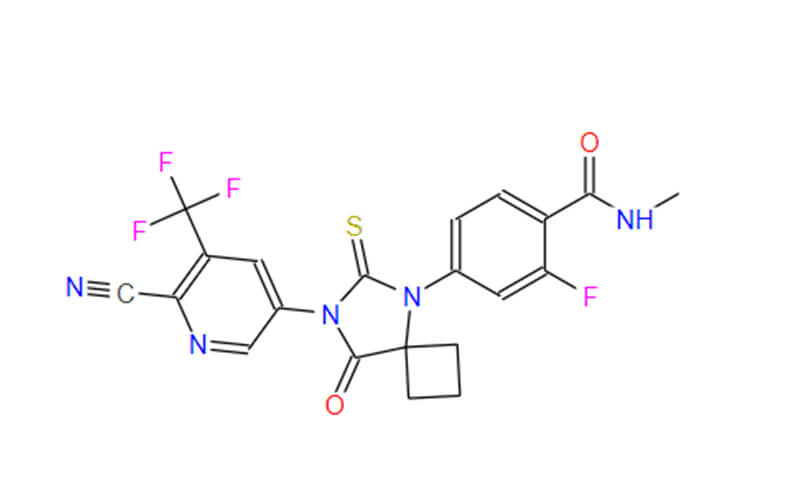
Effectiveness of Apalutamide in Treating Prostate Cancer
Apalutamide has been shown to be effective in treating prostate cancer in a number of clinical trials.
In the SPARTAN trial, apalutamide was compared to placebo in men with mCSPC. The trial showed that apalutamide significantly prolonged radiographic progression-free survival (rPFS), the time it took for cancer to worsen on imaging studies, compared to placebo (16.2 months vs 14.7 months). Apalutamide also significantly prolonged overall survival (OS), the time it took for patients to die from any cause, compared to placebo (median OS not reached vs 68.7 months).
In the TITAN trial, apalutamide was compared to placebo in men with nmCRPC. The trial showed that apalutamide significantly prolonged rPFS compared to placebo (40.5 months vs 16.6 months). Apalutamide also significantly prolonged OS compared to placebo (median OS not reached vs 65.2 months).
The side effects of apalutamide are generally manageable. The most common side effects include fatigue, diarrhea, nausea, and hot flashes. Other side effects can include falls, fractures, and rash.
Comparison of Apalutamide to Other Treatments for Prostate Cancer
Apalutamide is a newer androgen receptor antagonist than enzalutamide (Xtandi) and darolutamide (Nubeqa). Head-to-head clinical trials comparing apalutamide to enzalutamide and darolutamide have not been conducted. However, indirect comparisons suggest that apalutamide may be more effective than enzalutamide and darolutamide in terms of prolonging rPFS and OS in patients with mCSPC and nmCRPC.
Apalutamide is also more effective than chemotherapy in terms of prolonging rPFS and OS in patients with mCSPC and nmCRPC. However, chemotherapy can be a more effective treatment for patients with prostate cancer that has spread to other parts of the body, such as the bones or liver.

How to Buy an Apalutamide?
When buying apalutamide, it is important to choose a reputable manufacturer. Reputable apalutamide (erleada) manufacturers will have a good track record of producing high-quality products. They will also be able to provide you with information about the ingredients in their products and the manufacturing process.
One reputable manufacturer of apalutamide is Qingmu. Qingmu is a Chinese pharmaceutical company that has been producing high-quality apalutamide for many years. Qingmu’s apalutamide is available in a variety of dosage forms, including tablets, capsules, and powder.
Conclusion
Apalutamide is a highly effective treatment for mCSPC and nmCRPC. It is more effective than enzalutamide and darolutamide in terms of prolonging rPFS and OS in patients with mCSPC and nmCRPC. Apalutamide is also more effective than chemotherapy in terms of prolonging rPFS and OS in patients with mCSPC and nmCRPC. However, chemotherapy can be a more effective treatment for patients with prostate cancer that has spread to other parts of the body.
When buying apalutamide, it is important to choose a reputable manufacturer. One reputable manufacturer of apalutamide is Qingmu. Qingmu is a Chinese pharmaceutical company that has been producing high-quality apalutamide for many years. Qingmu’s apalutamide is available in a variety of dosage forms, including tablets, capsules, and powder.
The decision of whether to treat prostate cancer with apalutamide or another treatment should be made on a case-by-case basis, taking into account the stage of the cancer, the patient’s overall health, and the patient’s preferences.

References
Kantoff PW, Shore ND, Higano C, et al. Apalutamide versus placebo in nonmetastatic castration-resistant prostate cancer. N Engl J Med. 2018;379(13):1209-1218.
Smith MR, Hussain M, Saad F, et al. Apalutamide versus placebo in newly diagnosed, metastatic, castration-sensitive prostate cancer (SPARTAN): a randomised, double-blind, phase 3 trial. Lancet Oncol. 2018;19(12):1474-1486.
National Comprehensive Cancer Network (NCCN). NCCN Clinical Practice Guidelines in Oncology (NCCN Guidelines): Prostate Cancer, Version 1.2023. Available at: https://www.nccn.org/professionals/physician_gls/pdf/prostate.pdf. Accessed October 16, 20

